Our team
A team with knowledge, heart and passion.
A diverse range of backgrounds and one shared vision.
Our talented team of music therapists, Directors and Board Members work together to make music therapy services better understood and more available to the community.
Meet our Board members & Directors
Our Board members and Directors are music therapists, administrators, educators and healthcare professionals who want to contribute to the advancement of music therapy, and guide the Institute towards the accomplishment of its mission.
Meet our Music Therapists
The professionals on our team are certified music therapists (MTA) and they offer their services by getting involved in the various fields of activities of the Institute, based on their qualifications and their interest. Each person's contribution can be on a limited and short-term basis, or on a regular and longer-terme basis, depending on their availability and the nature of the projects.

Suzanne is no stranger to tackling issues others see as daunting. In parallel to her professional and family life, her social engagement in the Town of Mount Royal has spanned nearly four decades. Her involvement in the local schools, then as Councillor, Mayor and later as organizer for multiple community events, resulted in receiving the 2019 Award of Merit -Townies of Note. After a 35-year career in business, Suzanne seeks to combine her passion for music and her need to continue helping people: going back to school at Concordia University, she became a certified Music Therapist in 2012. Combining her desire for community involvement, leadership and administration skills, and her qualifications in music therapy, she created the Institute. And she isn’t done: “As far as we’ve come, as proud as we are, there is so much more to be done to make music therapy better understood, valued and appreciated for all its potential benefits, better funded and more widely available".
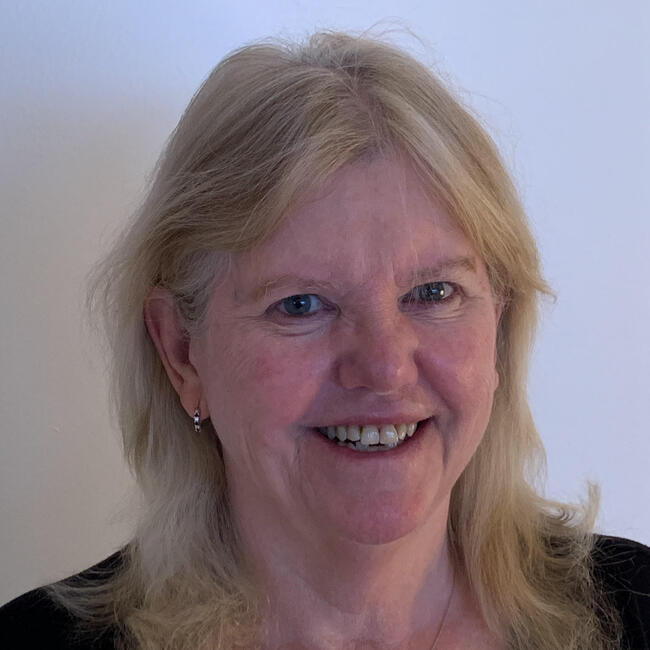
For Debbie, over 35 years as a practicing physician in the Montréal area highlighted a critical disconnect between the healthcare community and the field of music therapy. In Debbie’s experience, family medicine physicians make it their business to know a range of complementary treatments available to patients, including physiotherapy, osteopathy, acupuncture and many more, but the understanding and application of music therapy has been limited. Through her work with the Institute, Debbie is both asking the question why, and finding ways to bridge this gap. Debbie’s vision for the Institute is two-pronged: to help address the lack of awareness around music therapy and its benefits within healthcare and educational organizations, and to increase the profile of music therapy in the general public. Partnerships that can help inform and educate are the building blocks to better music therapy access and integration for all.
When it comes to leadership, Gaëtane has organizational skills that are an asset anywhere she goes. Her teaching and supervisory roles have spanned university to high school to elementary school levels, where she has overseen the education and wellbeing of thousands of students over the last four decades. For Gaëtane, great strategies are only as effective as their execution. She organized education services for students with ADHD, produced and evaluated intervention plans according to students’ special needs, while providing proper resources, helped to develop study programs for various student populations, and created important partnerships with parents and communities. She encouraged the development of a special school project with students who are recent immigrants: initially designed as a theater project, giving them an opportunity to express themselves, it was so successful that it led to a filmed documentary called “Bagages”. She is excited by the work being done at the Institute with music therapy.
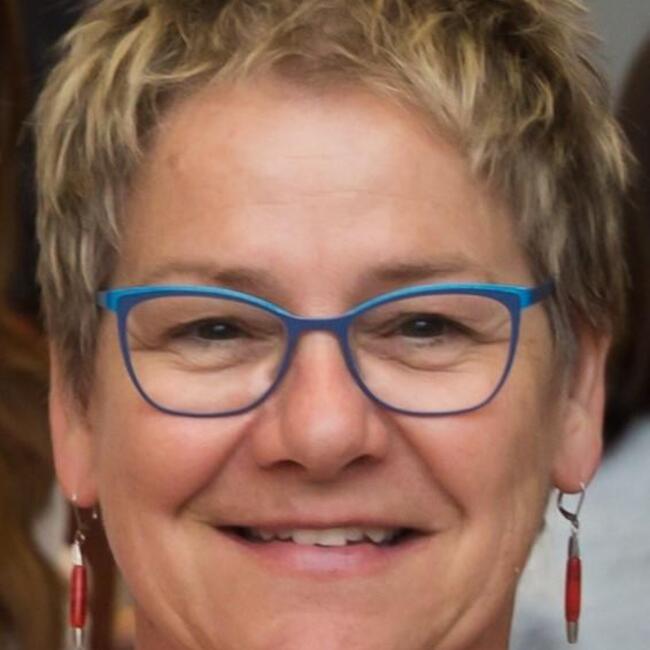
For Guylaine, who started playing the piano at six years old, there has hardly been a time when music wasn’t part of her life. Her second passion was caregiving, so her early training brought her to a nursing career. But she felt strongly that music has a role to play across the spectrum of healthcare and community involvement, so she returned to school for a music therapy degree. Today, Guylaine specializes in mental health and palliative care services. From the earliest premature infants to support for the eldery and their caregivers, she believes that music therapy can reach beyond many cognitive and physical limitations. To her, the Institute fulfills a critical community role, providing valuable resources, making music therapy more widely available, and mentoring the next generation of music therapists. There is more, she says, to discover and explore, and the Institute is at the center of that progress.
For as long as she can remember, Alejandra always had a song in her heart, a pep in her step, and a compassion for the human condition. Becoming a music therapist merges her love for music and a passion for serving others. She has a bachelor’s degree in music therapy obtained in the United States (2018) and a certification as MTA (2019); she is a Neurologic Music Therapy Fellow (2022) and is currently completing her master’s in music therapy at Concordia University (est. 2025). Alejandra has worked with clients of all ages and backgrounds, across North America and Latin America. She coordinated a music therapy clinic for 4 years, offering music therapy sessions, supervision and administrative services. She is excited to join the Institute to contribute to the advancement of its mission, with an inspiring desire to also reach out to the Hispanic Community.
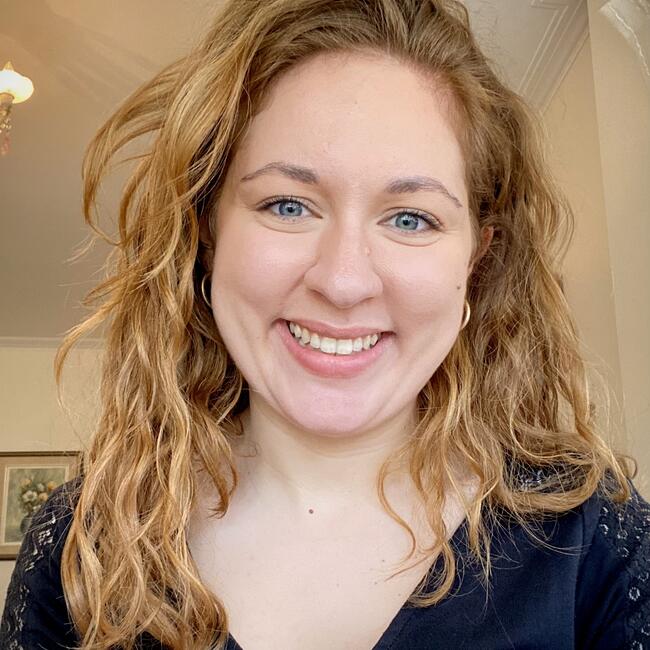
Drawn to music from a young age, Marie-Jeanne has training in classical piano and flute. After completing a bachelor’s degree in Cognitive Neuroscience at the Université de Montréal, she discovers music therapy, feels a natural calling, and goes on to obtain a Graduate Diploma in Music Therapy at Concordia University. Her natural ability to connect with others and put them at ease supports the creation of a therapeutic alliance through music. She has been contributing to the Institute’s projects since January 2025. Making use of the transformative power of listening and musical play, Marie-Jeanne seeks to facilitate an experience of beauty by addressing the person as a whole, grounded in each individual’s reality and in the here and now.
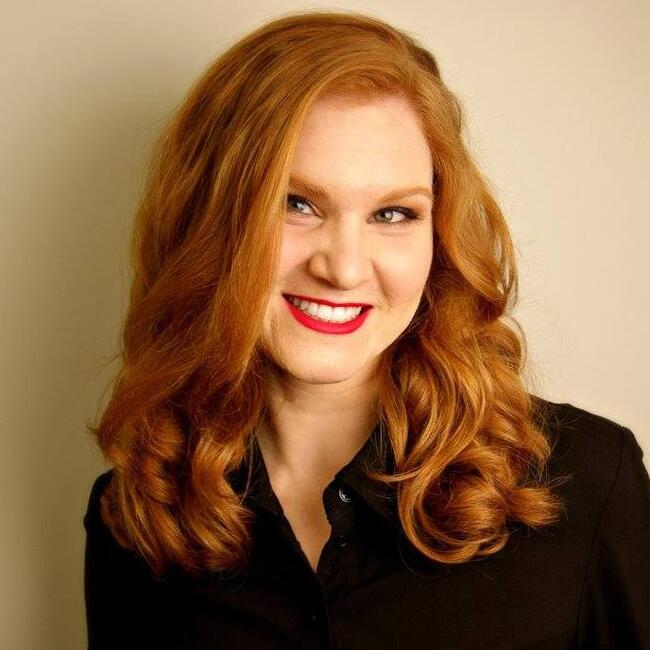
By the age of 14, Samantha could already sense that music could help in the processing of emotion, and her journey toward music therapy began. Today, she specializes in palliative care music therapy, meeting people at the end of their lives to provide support to them and their families. From facilitating legacy projects, in which a person creates and passes on a unique musical artifact, to helping caregivers and loved ones process and grieve, Samantha is uniquely equipped to help those dealing with loss, mortality and the unknown. To Samantha, music therapy has the capacity to meet us in our loss, giving us a way to access clarity through expression, connecting us to others and to something greater than ourselves in times of suffering. Samantha has a Master of Arts in Music Therapy from Concordia University.
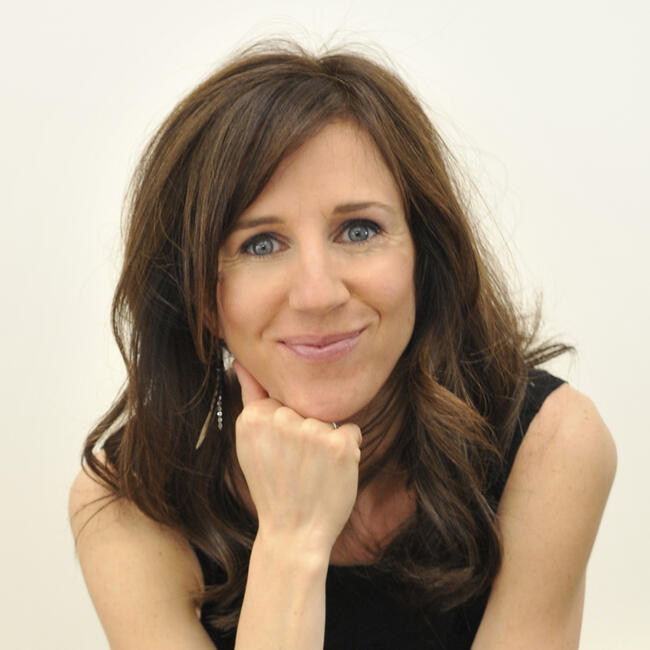
Nadia says that she was born in a cradle of music, and that she became interested in music therapy since her teenage years. An avid musician and humanitarian, she has studied the world through multiple musical genres, from classical to jazz, to traditional music from Québec and Eastern Europe. Her open-mindedness colors her practice, reaching out to help people facing various challenges, including substance abuse, developmental disorders, autism, palliative care and caregiver support. Nadia also works with young immigrants, developing a program to support and facilitate their school integration. A committed musician forever interested in culture, Nadia believes more than ever that the arts play an essential role to help us find our own truth, as well as beauty and understanding around us.
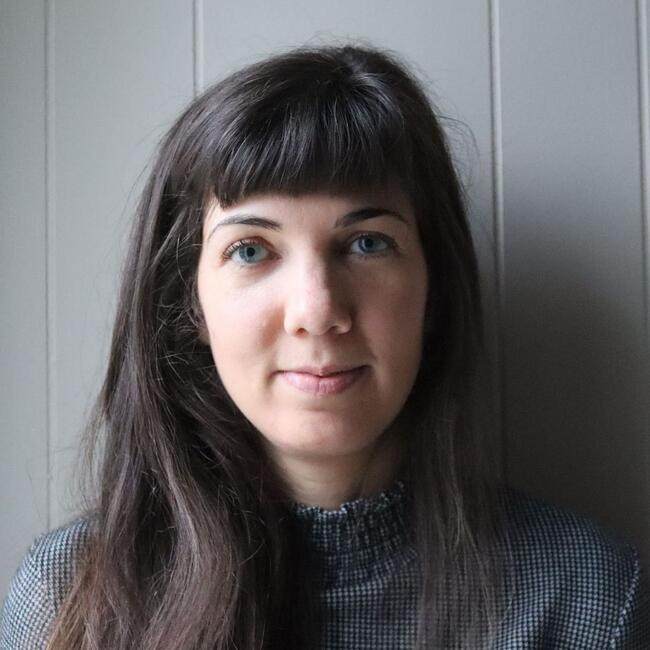
As a professional bassist and double bassist, rhythm and balance have always been essential components of Claudia’s life. For her, music therapy is a natural extension of her passion for music and her strong desire to help others. As a music therapist, she has also found a balanced expression of her personal and professional values and beliefs. In her work helping people with mental health issues, mental disabilities and autism, she has seen the enormous impact the arts can have on wellness and wellbeing, on both an individual and a community level. As a musician-author-composer-interpreter, Claudia continues to explore and share her artistic expression and musicality, while using it also to the benefit of others.
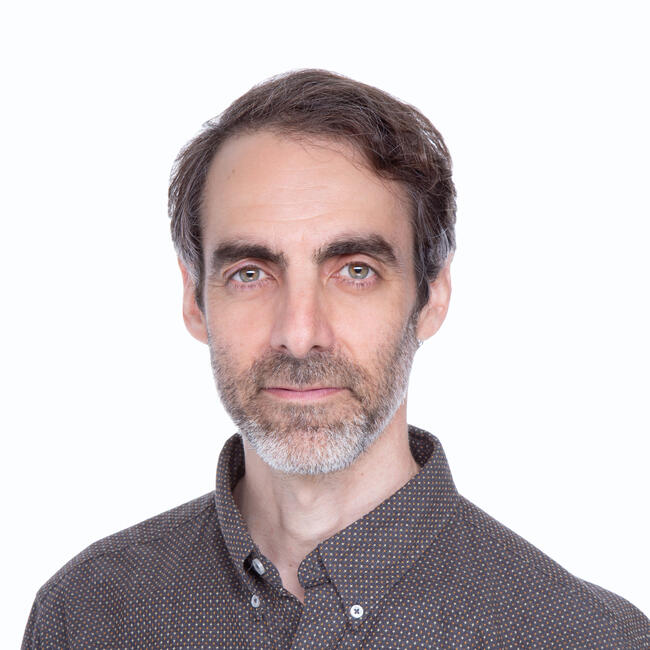
Dan Misha Goldman holds a BFA in Jazz Performance and an MA in Creative Arts Therapies, both from Concordia University. He believes in cultivating a safe and trusting environment, where creativity, emotional expression, self-compassion and authenticity can flourish. Drawing on 20-years as a professional musician, Dan engages clients using a relational, music-centered approach that is based in songwriting, composition and improvisation. As a music therapist with the Institute, Dan has facilitated group music therapy programs for Syrian/Armenian young adult newcomers. He also co-created a training program for music therapists entitled “Adapting Your Practice To Online Music Therapy,” which was offered by the Institute in partnership with the Canadian Association of Music Therapists and Concordia University. Currently, Dan works as a music therapist at the Teresa Dellar Palliative Care Residence, and maintains a small private practice. He recently completed a graduate program at Université du Québec à Montreal in mindfulness studies for therapists and plans on offering music-based mindfulness workshops in the near future.

Eleanor first became interested in music therapy because of its ability to connect people. She has worked with clientele in long-term care, day program, mental health, community, online and academic settings, and she sees first-hand that music therapy is capable of reaching diverse groups and contributing to important social change. In her work, she draws from humanistic, resource-inspired, feminist, anti-oppressive and community music therapy approaches to meet the individual needs of each client. Eleanor has a Bachelor of Music from the University of Toronto, and a Graduate Diploma and Master’s degree in Music Therapy from Concordia University. She specializes in classical voice, but sings in a wide variety of musical styles and plays the piano, guitar and ukulele
After graduating from a Masters in Music Theory at McGill University, Méliane wished to find a way to use music to reach people and help them live their full life. When she became a certified music therapist, she mostly worked with vulnerable children. She enjoyed working in an interdisciplinary team, with physicians, social workers and other professionals who worked with this clientele. Furthermore, she practices privately with children and adults who live with Autism Spectrum Disorder; intellectual, visual, or physical disabilities; speech impairment; anxiety; and gifted individuals. For Méliane, music therapy allows people who receive it to grow, develop new skills, express themselves, and sometimes even get back certain abilities. In the years to come, she wishes to promote music therapy and work with the Institute to further its Mission.
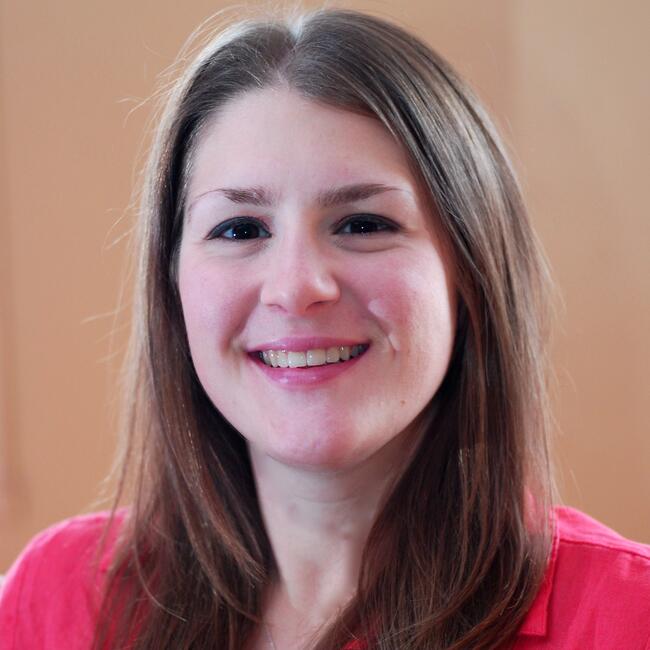
Since her childhood, Tanya plays piano, adores singing, and loves working with people, especially kids. Seeing that music therapy allowed her to combine this love of music and her desire to help others, she completes a Bachelor’s degree (2008) and a Master’s degree (2010) in Music Therapy. She works in particular with children with special needs, and has experience with premature infants in a hospital setting. Music is engaging and motivating, and music therapists use this universal language to facilitate interactions, all while adapting their approach to the needs and objectives of each client. Research in music therapy, neurosciences and psychology demonstrates the benefits of judicious use of music. In addition to her clinical work, Tanya offers mentoring services to newly graduated music therapists.
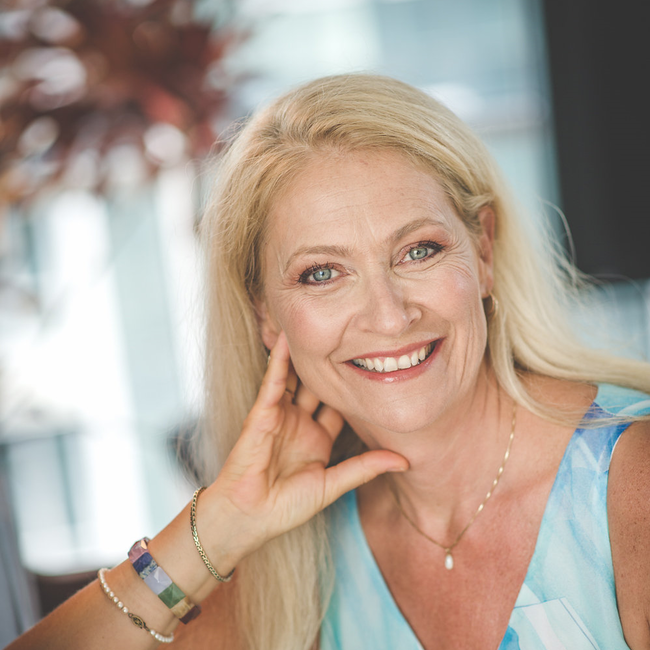
After going through the devastating loss of her unborn child at 6 months pregnant, Martine became a volunteer in an organization that offers grief support. An accomplished musician, and after experiencing the healing power of music first hand, she returned to school and became a certified music therapist, which then enabled her to use music in the context of a professional therapeutic approach. This led her to develop music therapy programs for grieving people, to help them feel less isolated and facilitate the expression of their emotions, in a caring, sensitive and compassionate environment.
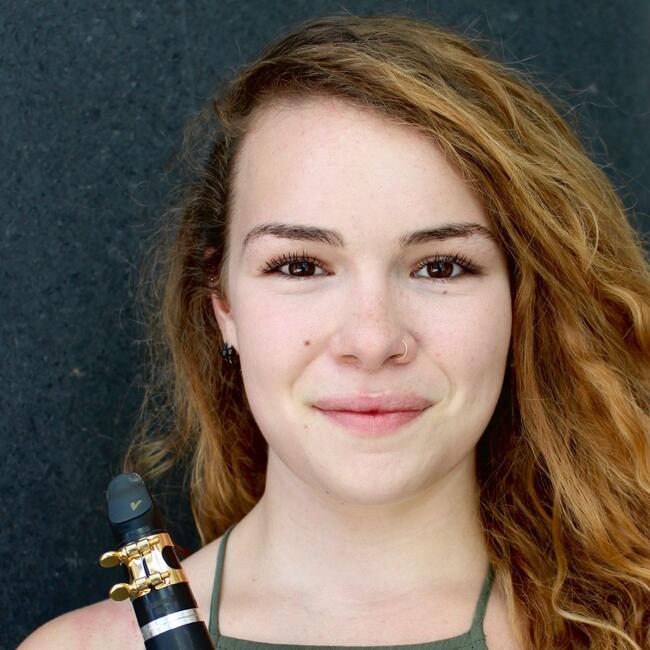
For Rachel, the intersection of music and psychology cemented during her academic training. She began by getting her bachelor’s degree in clarinet performance with a minor in psychology at McGill. She continued her graduate studies in music therapy at Concordia University, obtaining a master’s degree with a thesis that explored the theoretical foundations of attachment theory and music therapy. She has taught early music skills to preschool-aged children, worked with children with significant disabilities and impairments and with adults with developmental disabilities, as well as providing services for at-risk mothers and children. Rachel is inspired by the potential benefits of music therapy for vulnerable families, and wishes that it becomes more easily accessible for that population. She currently works in a school for children with disabilities.
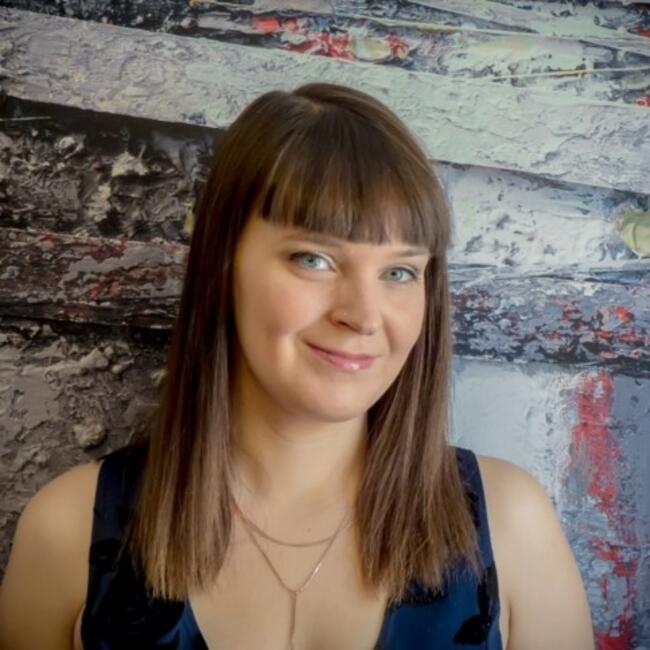
Sophie, a soprano singer, choral artist, and percussionist, dedicated seven years to serving as a music and vocal instructor for underprivileged children in the Hochelaga-Maisonneuve area of Montreal. During this time, she recognized the transformative power of music and subsequently decided to pursue a career as a music therapist, driven by the desire to further harness the healing potential of music. Sophie's pivotal experience came during her internship at a physical and neurological rehabilitation center, which deepened her connection to this particular clientele. She discovered that music could serve as a conduit for the expression of deeply buried emotions, enhance verbal and musical connections, promote overall well-being, and aid in the process of learning and rehabilitation. Music, as a universal language, is intrinsic to the lives of individuals of all ages, backgrounds, and cultures. Sophie aspires to see music therapy gain wider recognition and increased accessibility to benefit those in need..
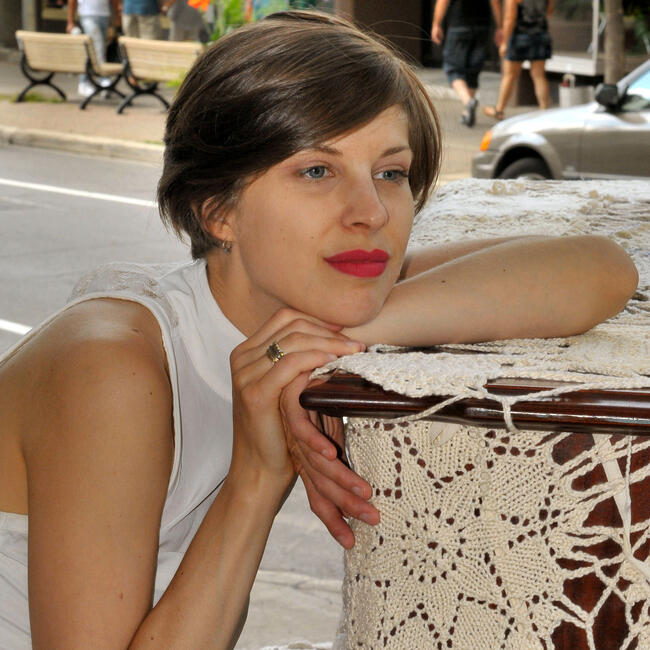
When asked why she became a music therapist, Marie-Fatima’s answer seems simple: her goal is to help people. Her commitment is rich and multidimensional. She offers palliative care services because she likes helping clients find grace and beauty in the fragility of the end of life experience. She works with non-verbal children and adults because she sees music as a form of expressive communication that lets her guide individuals to their own personal musical language. She enjoys working with clients with autism because it lets her uncover and celebrate each client’s unique talents, strengths and challenges. As Marie-Fatima points out, it is easy to feel discouraged or alone when life is uncertain. She believes music therapy can offer a beacon of hope and moments of beauty and authenticity.

